Oily skin, often characterized by an excess of sebum, can be a source of frustration for many individuals. While sebum plays a crucial role in protecting the skin, its overproduction can lead to enlarged pores, blemishes, and acne breakouts. In the pursuit of a skincare routine that effectively manages oily skin, glycerin has emerged as a promising ingredient. Its unique properties, including its ability to attract and retain moisture, make it a potential ally in combating oily skin issues.
This article delves into the world of glycerin and its potential benefits for oily skin. We’ll explore the science behind glycerin’s properties, examine its impact on oily skin, and provide practical tips on how to incorporate glycerin into your skincare regimen. Embark on this journey to discover the wonders of glycerin for oily skin and experience a healthier, more balanced complexion.
Understanding Glycerin: A Versatile Ingredient for Healthy Skin
In the world of skincare, glycerin stands out as a versatile and widely used ingredient, known for its ability to attract and retain moisture. This colorless, odorless, and syrupy liquid, naturally found in plant and animal fats, has gained recognition for its numerous benefits, particularly for those with oily skin.
What is Glycerin?
Glycerin, also known as glycerol, is a simple polyol compound, a type of organic molecule that contains multiple alcohol groups. It is a byproduct of the saponification process, where fats and oils are broken down into their constituent fatty acids and glycerol.
Properties of Glycerin
Glycerin possesses unique properties that make it a valuable ingredient in skincare products. These properties include:
- Humectant: Glycerin’s most notable property is its ability to attract and retain moisture from the surrounding environment. This makes it an excellent moisturizer for both dry and oily skin.
- Non-comedogenic: Glycerin is non-comedogenic, meaning it does not clog pores. This makes it safe for use on acne-prone skin.
- Emollient: Glycerin acts as an emollient, helping to soften and smooth the skin. It also reduces the appearance of flaking and roughness.
- Anti-inflammatory: Glycerin has mild anti-inflammatory properties, which can help soothe irritated skin and reduce redness.
- Antimicrobial: Glycerin exhibits some antimicrobial properties, potentially aiding in wound healing and reducing the risk of infection.
Uses of Glycerin in Skincare
Glycerin’s versatility makes it a common ingredient in a variety of skincare products, including:
- Moisturizers: Glycerin is a key ingredient in many moisturizers, where it helps to hydrate and protect the skin.
- Toners: Glycerin can be found in toners, where it helps to balance the skin’s pH level and remove excess oil.
- Serums: Glycerin is often added to serums to enhance their hydrating and anti-aging properties.
- Soaps: Glycerin is used in soaps to help retain moisture and prevent dryness.
- Haircare Products: Glycerin can be found in shampoos and conditioners to help moisturize and detangle hair.
Key Benefits of Glycerin for Oily Skin: Unveiling a Skincare Ally
In the realm of skincare, glycerin stands out as a versatile and widely used ingredient, particularly for those with oily skin. Its unique properties, including its ability to attract and retain moisture, make it an effective addition to any oily skin care regimen.
Hydrates without Greasiness: A Balancing Act for Oily Skin
A common misconception about oily skin is that it doesn’t need hydration. However, even oily skin requires moisture to maintain its health and prevent dryness. Glycerin excels in this regard, providing deep hydration without leaving a greasy or sticky residue. This is because glycerin’s humectant properties allow it to attract and retain moisture from the surrounding environment, effectively replenishing the skin’s moisture content without adding to its oiliness.
Non-Comedogenic and Suitable for Acne-Prone Skin: A Safe Choice for Blemish-Prone Complexions
Non-comedogenic ingredients are those that do not clog pores, which is a major concern for individuals with oily skin. Glycerin, being non-comedogenic, is a safe and effective ingredient for people with oily or acne-prone skin. Unlike some other moisturizers that can clog pores and contribute to breakouts, glycerin’s lightweight texture allows it to penetrate the skin without leaving behind a greasy residue that could trap dirt and bacteria.
Anti-inflammatory Properties: Soothing Irritated Oily Skin
Oily skin is often accompanied by redness and irritation, which can be exacerbated by harsh cleansers or environmental factors. Glycerin’s anti-inflammatory properties can help soothe irritated skin and reduce redness. This is particularly beneficial for individuals with acne, as glycerin can help calm inflamed blemishes and promote healing.
Balances Skin’s Natural Moisture Levels: Restoring Harmony to Oily Skin
Excessive oil production, a hallmark of oily skin, can disrupt the skin’s natural moisture balance. Glycerin can help regulate the skin’s natural moisture levels, preventing excessive oil production and reducing the appearance of oiliness. By attracting and retaining moisture, glycerin helps the skin maintain its natural balance, preventing both excessive dryness and oiliness.
Enhances Skin Barrier Function: Protecting Oily Skin from External Aggressions
The skin’s barrier function plays a crucial role in protecting it from environmental aggressors such as pollution, harsh weather, and irritants. Glycerin can help strengthen the skin’s barrier function, making it less susceptible to damage and irritation. This is particularly important for oily skin, as the increased oil production can make the skin more sensitive to external factors.
Incorporating Glycerin into Your Skincare Routine
DIY Glycerin Toner: A Refreshing Spritz for Oily Skin
A DIY glycerin toner is a simple yet effective way to reap the benefits of glycerin for oily skin. Here’s how to create your own:
Ingredients:
- Equal parts glycerin and rose water
Instructions:
- In a clean spray bottle, combine equal parts glycerin and rose water.
- Shake well to mix the ingredients thoroughly.
- After cleansing your skin, mist the glycerin toner onto your face and neck.
- Allow the toner to dry completely before applying your moisturizer.
Glycerin toner benefits:
- Hydrates the skin without leaving a greasy residue
- Balances the skin’s pH level
- Refreshes and tones the skin
Glycerin Hydrating Serum: A Boost for Your Moisturizer
If you already have a favorite moisturizer, you can easily enhance its hydrating properties with a few drops of glycerin. Here’s how to do it:
Ingredients:
- Your regular moisturizer
- A few drops of glycerin
Instructions:
- Cleanse your face and pat it dry.
- Dispense a small amount of your regular moisturizer into your palm.
- Add a few drops of glycerin to the moisturizer and mix well.
- Apply the moisturizer evenly to your face and neck.
Glycerin hydrating serum benefits:
- Enhances the moisturizing power of your existing moisturizer
- Provides deeper hydration for oily skin
- Soothes and calms irritated skin
Glycerin-Enriched Skincare Products: A Convenient Option
For a more convenient option, look for skincare products that specifically contain glycerin as an ingredient. When choosing glycerin-enriched products, consider the following factors:
- Skin type: Ensure the product is formulated for oily skin.
- Product type: Choose products that suit your skincare needs, such as cleansers, moisturizers, or serums.
- Ingredient list: Check the ingredient list to ensure glycerin is among the top ingredients.
Glycerin-enriched skincare products benefits:
- Provide targeted hydration for oily skin
- Offer a combination of glycerin and other beneficial ingredients
- Convenient and ready-to-use options
Additional Tips for Incorporating Glycerin into Your Skincare Routine:
- Start with a small amount: Introduce glycerin gradually to assess your skin’s tolerance.
- Test for allergies: Perform a patch test on a small area of your skin before applying glycerin to your entire face.
- Use glycerin consistently: Regular use is key to reaping the full benefits of glycerin.
- Combine glycerin with other beneficial ingredients: Consider using glycerin with other ingredients like aloe vera or hyaluronic acid for added benefits.
By incorporating glycerin into your skincare routine, you can effectively combat oily skin issues, leaving your complexion hydrated, balanced, and healthier-looking. Embrace the power of glycerin and experience the transformative benefits of this versatile ingredient. Hopefully, the above article of TTC has provided you with useful information. If you have any questions or concerns, please leave a comment below.
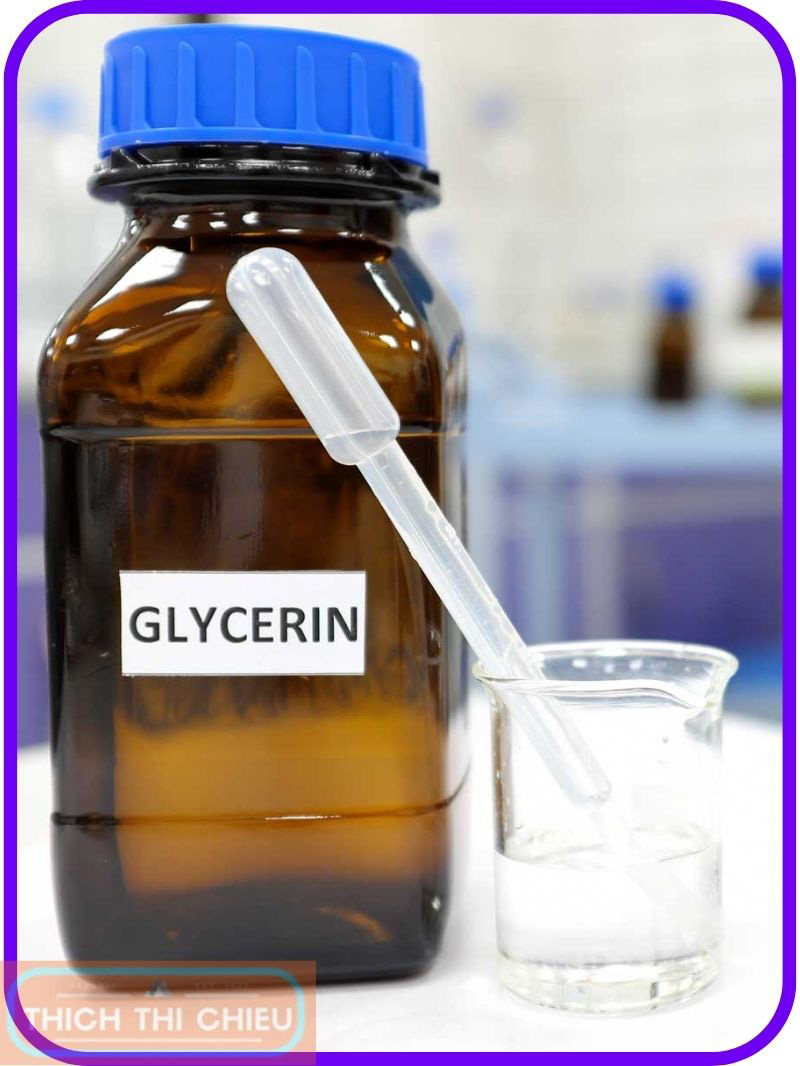
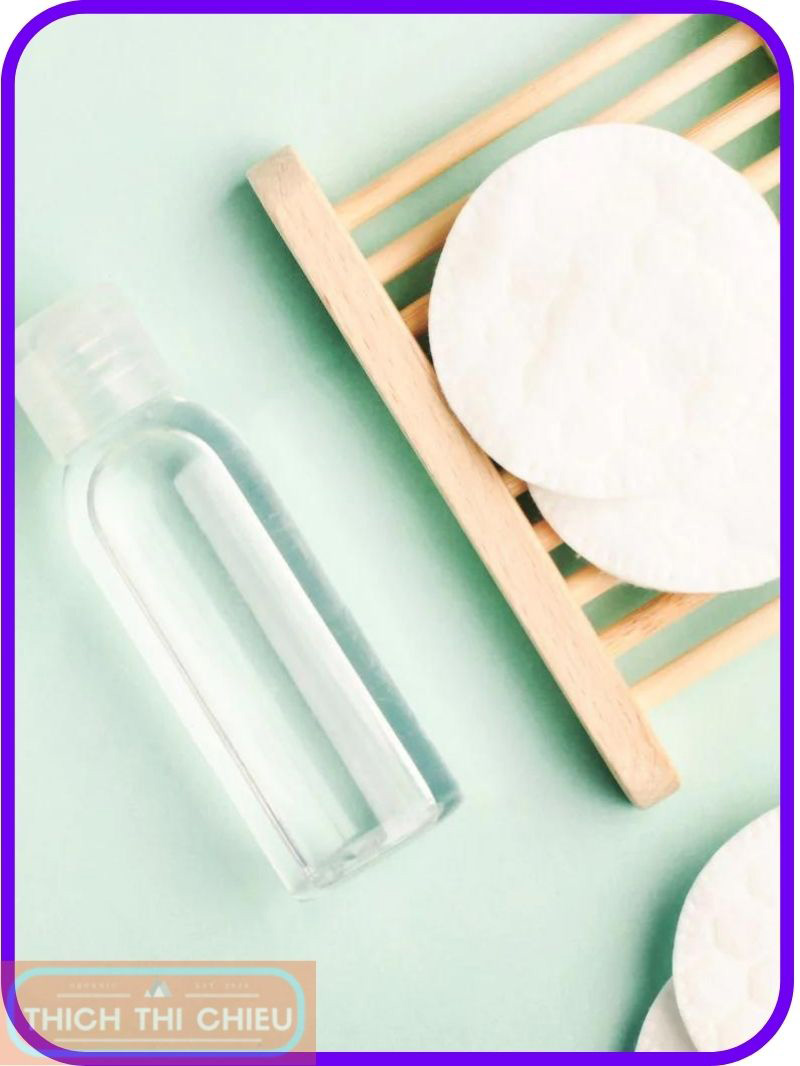

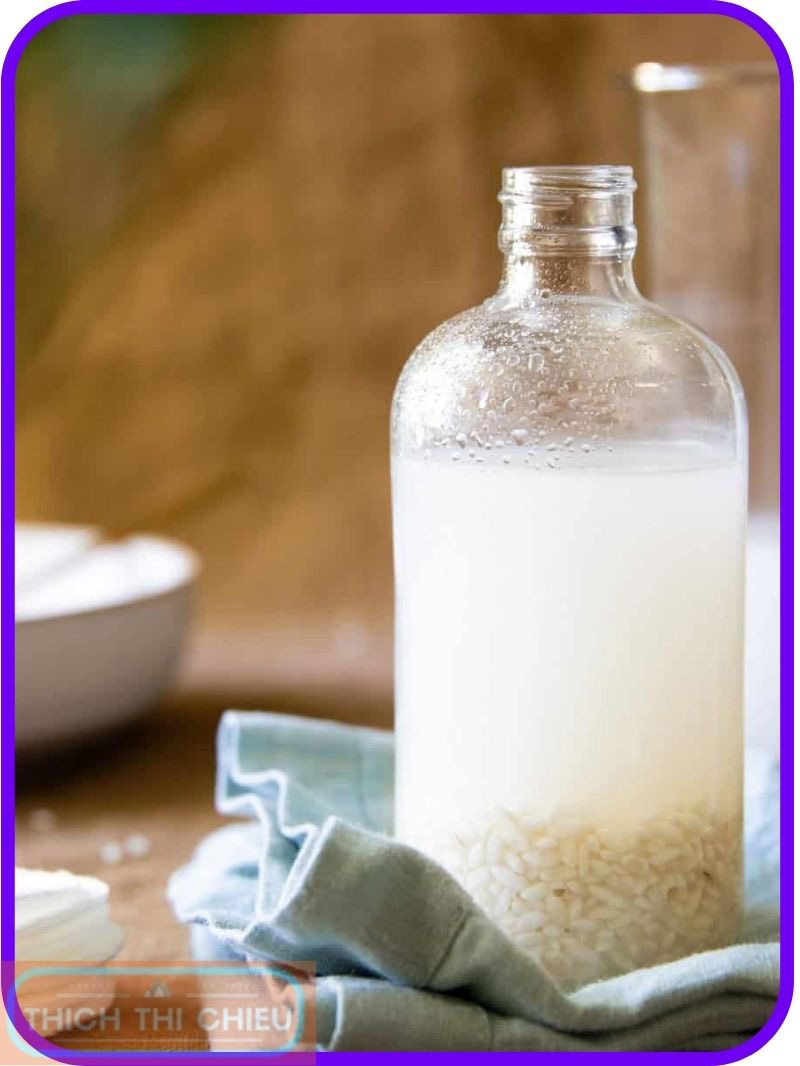
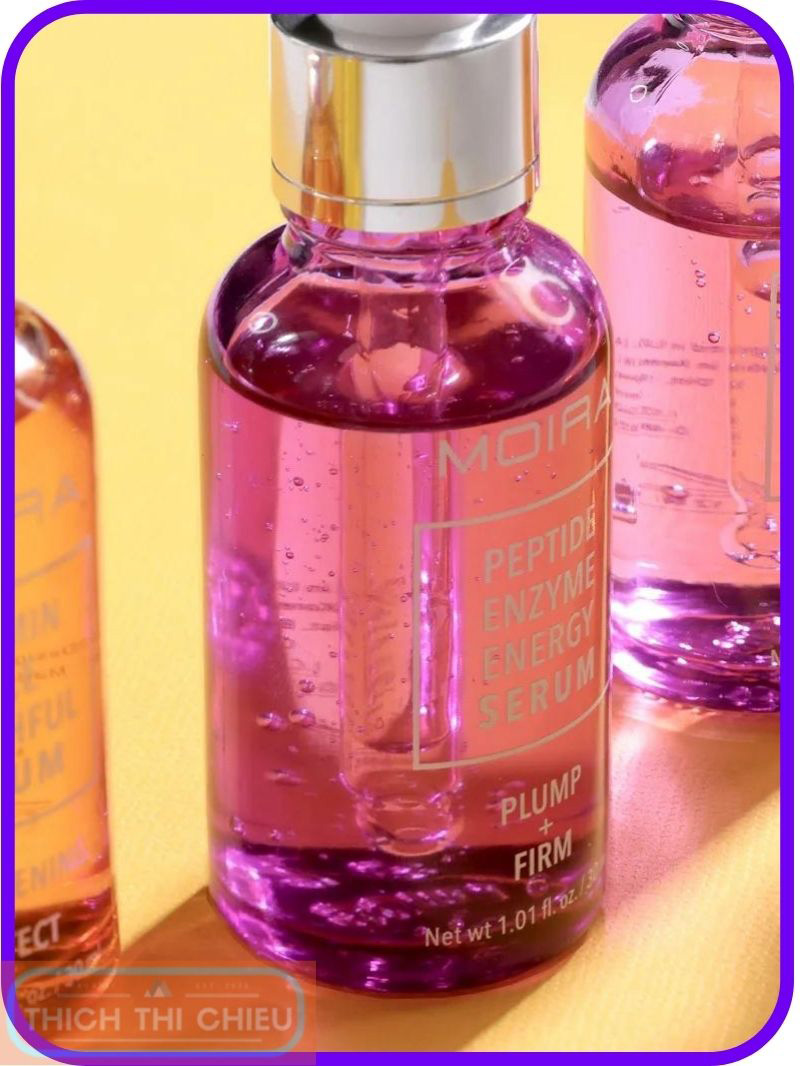
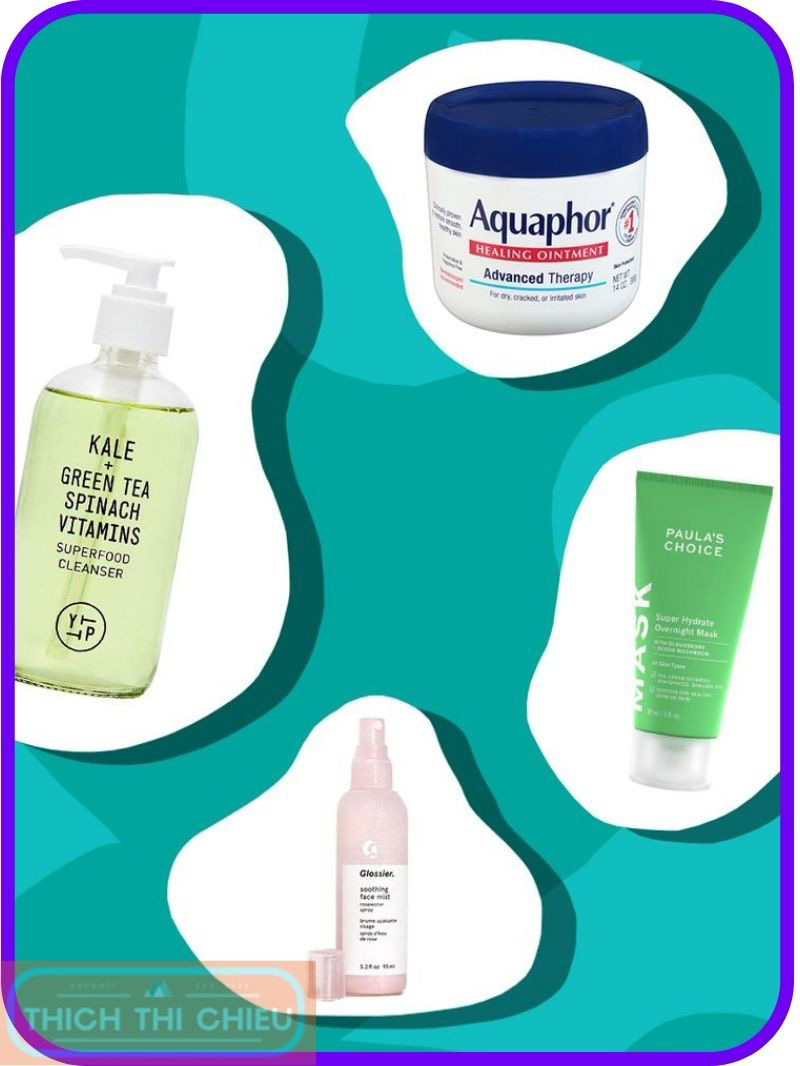

Leave a Reply